Are All Pickles Fermented? The Spicy Truth Revealed!
Table of Contents
- Introduction: What Even is a Pickle?
- Fermentation 101: How It Works
- Pickling Methods Compared
- The Many Faces of Pickles
- Common Myths About Pickles
- Buying Guide: Choosing the Right Pickles
- Spice Tips for Customizing Your Pickles
- Conclusion: Fermented or Not, Pickles Rule!
Introduction: What Even is a Pickle?
When you hear the word "pickle," what comes to mind? A sour dill from your local deli? Tangy Korean kimchi? Or maybe those sweet bread-and-butter pickles on your burger? But here's the big question that divides foodies and fermenters alike: Are all pickles fermented?
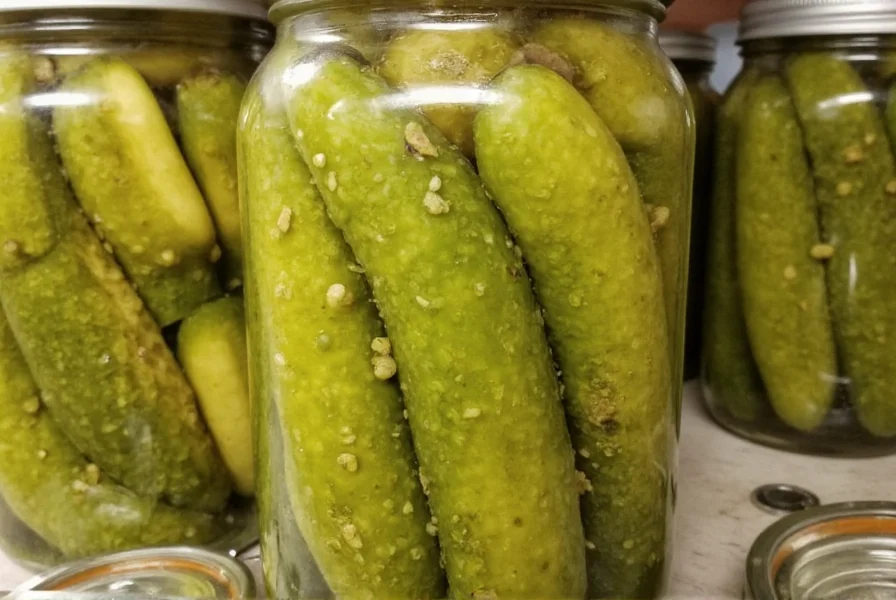
The short answer? No. The long answer? Well, it’s more nuanced — and way more fun! Let’s dive into the briny, tangy world of pickles and explore the differences between fermented and non-fermented varieties.
Fermentation 101: How It Works
Fermentation is one of the oldest food preservation techniques known to humankind. At its core, it’s a natural process where microorganisms like yeast and bacteria break down sugars in food, producing lactic acid (among other compounds) that preserve the food and enhance flavor.
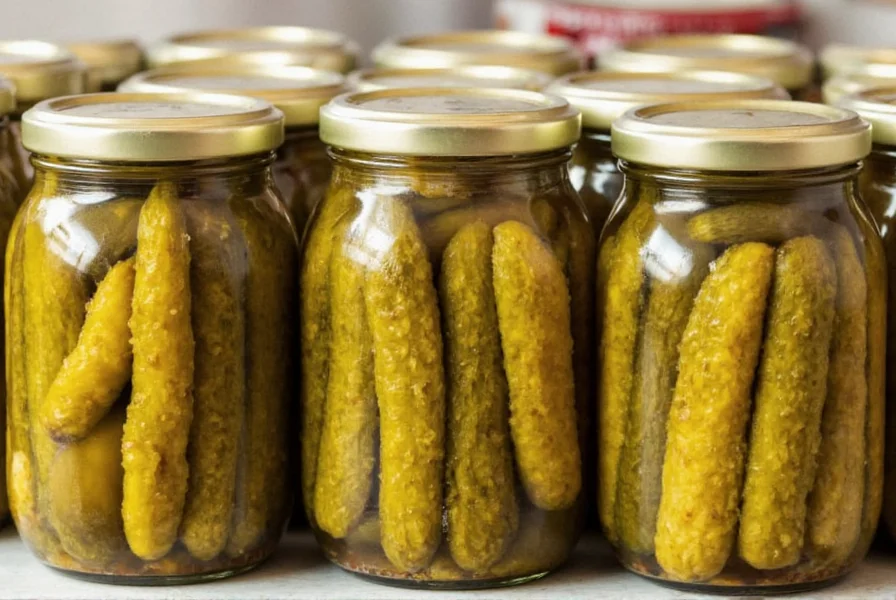
In the case of traditional pickles — especially classic dill pickles — the hero is Lactobacillus, a naturally occurring bacteria found on cucumber skins. When cucumbers are submerged in a saltwater brine and left at room temperature, these microbes feast on the sugars in the cucumber and produce lactic acid as waste. This lowers the pH, preventing harmful bacteria from growing and giving the pickle its signature tartness.
Pickling Methods Compared
There are two main types of pickling: fermentation-based (also called lacto-fermentation) and vinegar-based (also known as quick pickling). Here’s how they stack up:
| Feature | Fermented Pickles | Vinegar-Based Pickles |
|---|---|---|
| Time to Make | Days to Weeks | Minutes to Hours |
| Main Preservative | Lactic Acid | Acetic Acid (from Vinegar) |
| Probiotics | Yes – Good Gut Bacteria | No |
| Flavor Development | Evolves Over Time | Immediate and Stable |
| Shelf Life | Can Last Months | 6–12 Months |
The Many Faces of Pickles
Now that we’ve covered the basics, let’s meet some famous faces in the pickle family:
- Kosher Dills: Fermented with garlic and dill; crunchy, salty, and sour.
- Sweet Pickles: Made with sugar and vinegar; great for sandwiches.
- Bread & Butter Pickles: Sweet and tangy, often sliced thin.
- Kimchi: Korean staple made from Napa cabbage and chili paste; super fermented and spicy.
- Gherkins: Small, bumpy cucumbers usually pickled in vinegar.
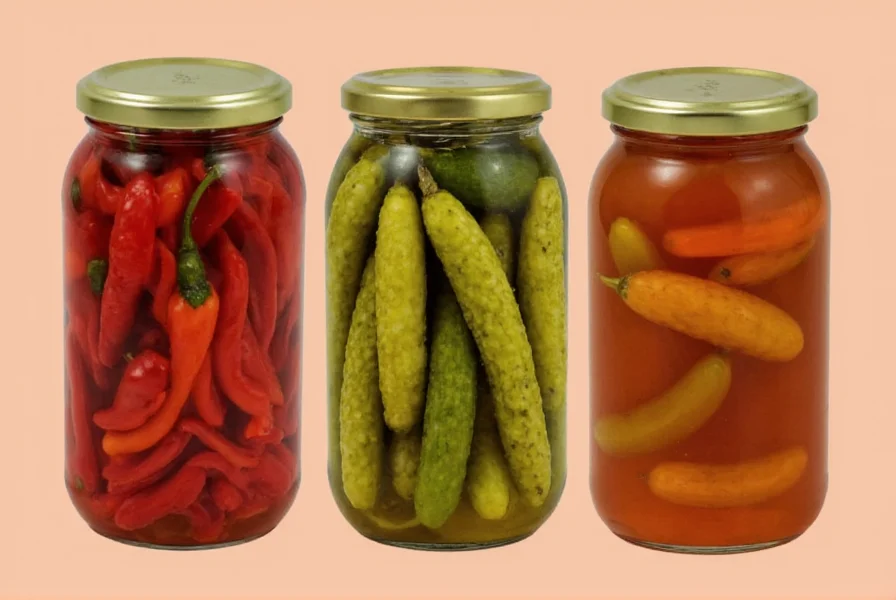
So while all fermented pickles are pickled, not all pickled items are fermented. That means the answer to our burning question is clear: no, not all pickles are fermented. Some get their zing from good ol’ vinegar instead of friendly microbes.
Common Myths About Pickles
You might have heard a few tall tales about pickles over the years. Let’s set the record straight:
- Myth #1: All Pickles Are Green
False! Pickles can be made from green cucumbers, yellow squashes, or even watermelon rinds! - Myth #2: Only Cucumbers Can Be Pickled
Not true! Carrots, beets, onions, peppers, and even eggs can be pickled. - Myth #3: Vinegar-Pickled Foods Don’t Count as Real Pickles
They absolutely count! While they don't go through fermentation, they're still preserved using an acidic solution — which makes them pickles by definition. - Myth #4: All Pickles Are Healthy
Some are packed with probiotics and nutrients, but others are loaded with sugar and preservatives. Always read the label!
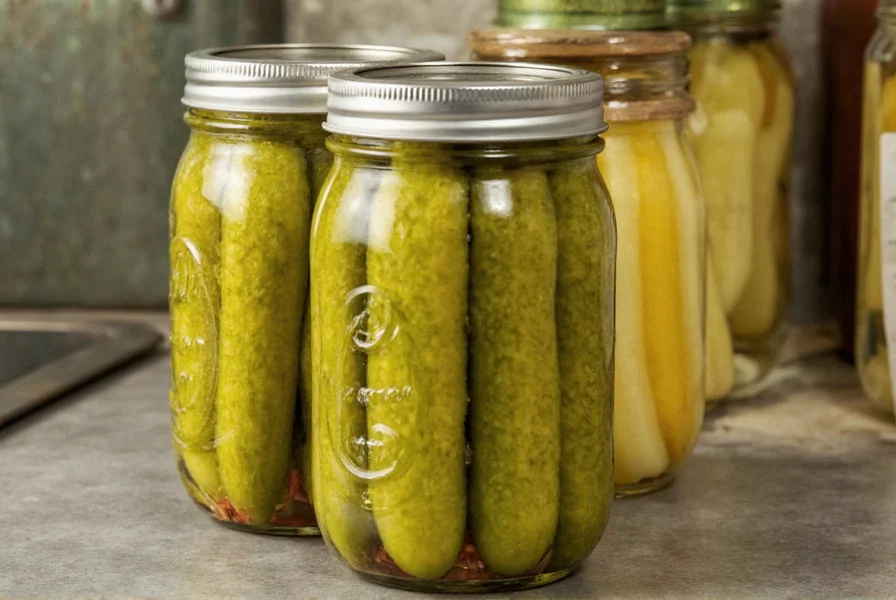
Buying Guide: Choosing the Right Pickles
Whether you’re shopping for health benefits, flavor, or convenience, here are some key things to look for when buying pickles:
For Fermented Pickles
- Look for live cultures – Check the label for phrases like “contains live cultures” or “unpasteurized.”
- Avoid added preservatives – Stay away from jars with potassium sorbate or sodium benzoate if you want live probiotics.
- Check the brine – A cloudy brine often indicates active fermentation (though not always!). Clear brine doesn’t mean bad, though.
For Vinegar-Based Pickles
- Watch the sugar content – Especially in bread-and-butter or sweet gherkins.
- Choose vinegar type – Apple cider vinegar adds subtle sweetness; white vinegar gives a sharp tang.
- Go organic when possible – Organic ingredients mean fewer pesticides and additives.
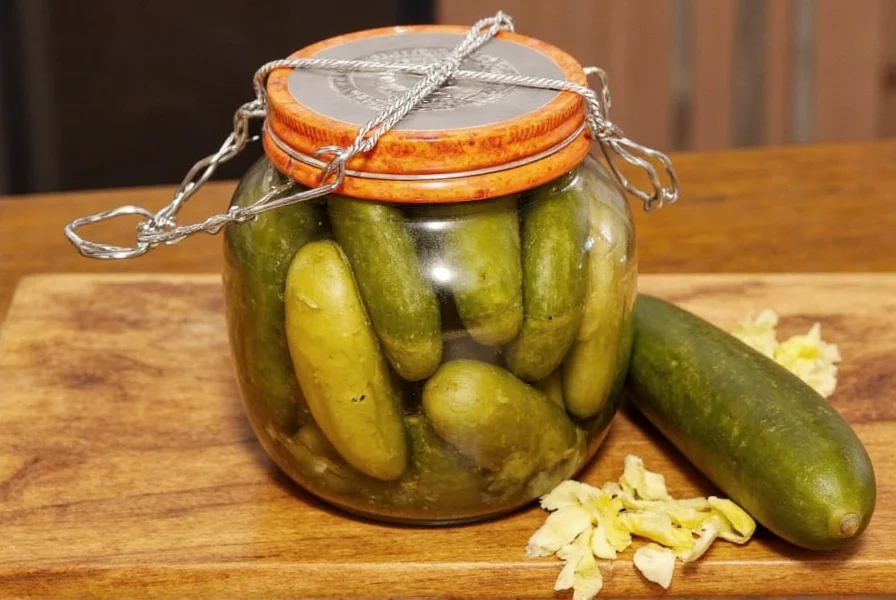
Top Picks Based on Use Case
| Product Name | Features | Best For |
|---|---|---|
| Boar’s Head Kosher Dill Spears | Unpasteurized, garlic-heavy, brine-cured | Fermentation lovers, Reuben fans |
| Heinz Bread & Butter Slices | Sweet, thinly sliced, versatile | Club sandwiches, charcuterie boards |
| Himalaya Naturals Kimchi | Spicy, vegan, low-sodium option | Korean cuisine lovers, gut health |
| Mrs. Miller’s Refrigerated Pickles | Live cultures, small-batch style | Health-focused consumers |
Spice Tips for Customizing Your Pickles
Want to add a kick to your next batch of homemade pickles? Here are some spice combos that will make your jars unforgettable:
- Dill + Garlic + Black Peppercorns – Classic deli-style flavor.
- Jalapeño + Lime Zest + Coriander Seeds – Fresh, zesty, and slightly spicy.
- Red Pepper Flakes + Mustard Seeds + Bay Leaf – Bold, earthy, and a bit fiery.
- Cinnamon Stick + Cloves + Apple Cider Vinegar – Perfect for sweet pickled apples or pears.
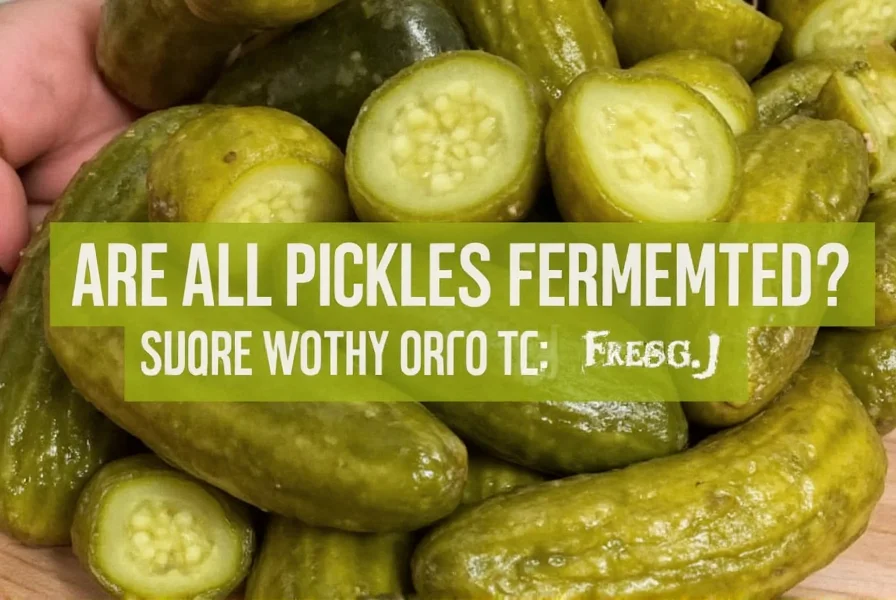
Pro Tip: Want a spicier kick? Add fresh serrano peppers directly into the jar. They’ll infuse heat without overpowering the rest of the flavor profile.
Conclusion: Fermented or Not, Pickles Rule!
So there you have it — not all pickles are fermented. Some get their tang from vinegar, while others owe their bold flavors to fermentation and beneficial bacteria. Both types have their own charms, uses, and unique places in the kitchen.
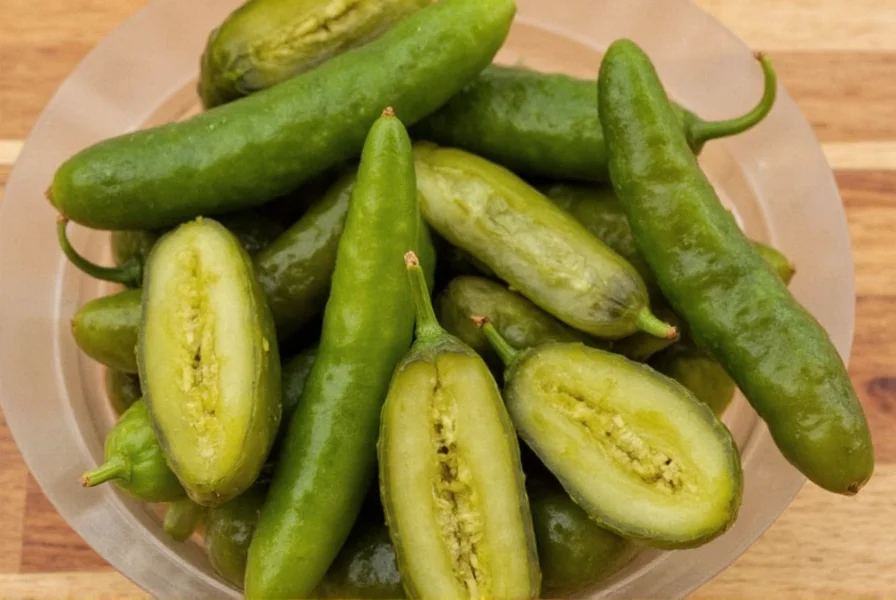
Whether you prefer a crisp fermented dill, a sweet bread-and-butter slice, or a fiery kimchi punch, there’s a pickle out there for every palate. So next time someone asks, “Are all pickles fermented?” you can confidently say, “Nope — and that’s what makes pickles so fascinating!”
Happy pickling, spice lovers!

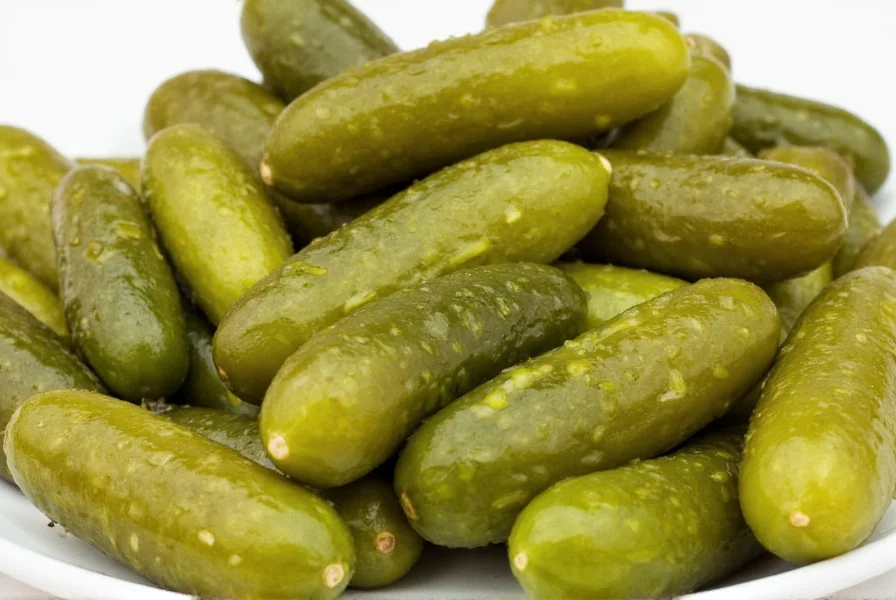









 浙公网安备
33010002000092号
浙公网安备
33010002000092号 浙B2-20120091-4
浙B2-20120091-4